I have had many players ask what they can do this summer to improve their volleyball game. It is a great question to answer because it means that our players are taking their development seriously outside of the regular club season. To be great, or even good, there is no true “off season”. The months outside of the club season are more like a different phase of training. Everyone has a limited amount of time and energy, so it is important to recognize how/what you can do to achieve your goals. I think of it as a training pie chart — each player’s pie chart will look different, and will depend on their specific developmental needs, but should include a mix from the list of recommended instruction and training categories described below: camps and clinics, high school volleyball, private lessons, physical fitness, and mental skills.
CAMPS AND CLINICS
Training outside of the team environment is a great way to develop your individual skills. Most if not all volleyball clubs and college programs host camps and clinics during the summer, make time for at least one or two. If you are lucky you may even end up on the beach!
If you are in the northern Nevada area, check these out:
Silver State Volleyball Club (SSVC), we offer the AAU Training Series for $150, which includes a 3-day camp and 10 clinics sessions. Camps and clinics may also be done a la carte. The technical instruction each player receives in the AAU clinics builds the necessary understanding of the fundamental technique. Although there may be a range of skill levels at the clinics, players will learn from seeing and listening to the feedback each player gets from the coach, and working on their own execution of the skill vs competing against other players. The coach-to-player ratio is always low to ensure that the players are getting the attention they need, with ample opportunity to work through the skills. Learn more about this year's clinics at SilverStateVolleyball.com
University of Nevada offers a day and overnight camp for different ages that is convenient for our local population. The most important thing is to decide why you are going to the camps/clinics and make sure that you are choosing a situation that is in line with those goals. Older players may consider going to college camps at colleges/universities that they may be interested in attending. Almost every university offers a volleyball camp. Learn more about Wolfpack Volleyball camps here
HIGH SCHOOL VOLLEYBALL
Get in the loop with your high school coaches and teammates and check when open gym and physical conditioning training is this summer. This way you can walk into high school tryouts with an understanding of the offensive and defensive systems as well as some built up strength and endurance. Playing also provides the opportunity to represent your school and play in front of your community. I always recommend playing high school volleyball, unless there are extenuating circumstances.
PRIVATE LESSONS
Lessons are a great way to get lots of quality ball touches to improve your game. What do club volleyball coaches do during the summer? They coach private lessons of course! These opportunities typically run between $40-70/hour, but the amount of ball touches can be more than you get during a whole week of practices on a team, and individual focus on technique can build your volleyball IQ and skills. Make sure that you find the right coach to work on the specific parts of your game that need developing. While private lessons are an additional expense, they are an important tool in a players’ summer development, and can advance skills more quickly.
PHYSICAL FITNESS
Players are often surprised at how quickly their physical conditioning decreases when they are not playing on a regular basis. There are many different ways to improve your fitness (being active, gym membership, personal trainer, beach volleyball), but the most important thing is to make sure that it is focused on getting you in better volleyball shape. This includes: endurance, quick twitch reactions, footwork, joint mobility and strengthening, and much more.
General foundational fitness is important for endurance to last in long matches without fatiguing.
Sport-specific volleyball training is where you will see gains on the court. Volleyball is a sport of short bursts requiring speed, agility, balance, and explosive movements followed by short periods of rest. Doing interval training where you do an exercise for a short burst, then rest, and repeat can mimic what is needed for volleyball. Specific volleyball footwork, sprints, ladder work, box jumps and more will greatly enhance court speed, movement and blocking.
Injury prevention training tips - Spend time working on exercises to prevent injuries and improve muscle imbalances, including:
Strengthening - scapular retraction (pinching shoulder blades together as with rowing) and strengthening exercises for the rotator cuff (external/internal rotation with the shoulder at 0,45, and 90 degrees or in dynamic movements (See Andria for specific exercises).
Joint mobility - Focus on proper mobility and stretching to have full range of motion.
Movement mechanics - Learn to land softly by absorbing the impact with muscles instead of joints. Silver State offers the Juniors Beach Training on Tuesdays and Thursdays at the Reno Facility. This is a great opportunity to learn how the play beach volleyball, which will last your entire life, and it is one of the best ways to get fit for indoor volleyball. Check out our schedule online to register.
MENTAL SKILLS
We always hear the old cliché about the most important battlefield is the 6 inches between your ears. Summer is a perfect time to make your mental development a priority! There are many different ways to improve your mind, but below are some of my favorites.
CREATE A VOLLEYBALL NOTEBOOK - After practices take notes about any advice the coaches gave you, how you did at practice (attention, diligence, technique), and anything else pertinent. Before practices review your notebook so you have a plan on the things you still need to develop.
READ - Books, websites and articles that will help with your sports performance. Below we have included a few favorites.
REFLECT - Look at your life and determine if you are taking steps on the path towards the life you want to live.
IDENTIFY - your weaknesses by reviewing your TAP personality results and start working through their lessons to improve. Determine what other resources you need and make a plan on how to get these.
DEVELOP - I encourage everyone to spend the summer working on developing their competitive mindset because the benefits extend far beyond volleyball.
Summer reading anyone?
REFERENCE BOOKS
Mindset: The New Psychology of Success by Carol Dweck-Success can be drastically influenced by how we think about our ability to develop skills.
The Talen Code by Daniel Coyle-Breaks down the process of hard work to become better at your sport.
It’s a Mental Thing! Five Keys to Improving Performance and Enjoying Sport by Gregory A. Dale and Jamie E. Robbins-Practical advice to improve sports performance.
Vision of a Champion by Anson Dorrance and Gloria Averbuch-Philosophies from the winningest soccer program in history about how to succeed.
VIDEOS/BLOGS
Gold Mental Squared-videos and articles geared towards coaches by some of the most knowledgeable people in the volleyball game.
Art of Coaching-videos and blog posts that are educational, easy to understand, and very user friendly.
YouTube videos on growth mindset for learning. https://youtu.be/M1CHPnZfFmU
Ed Tseng Peak Performance Podcast https://itunes.apple.com/us/podcast/ed-tseng/id670132506?mt=2 Also see iTunes Store for Game, Set, Life Audiobook for competitive mindset lessons from Ed Tseng, mental toughness performance consultant, author and speaker..
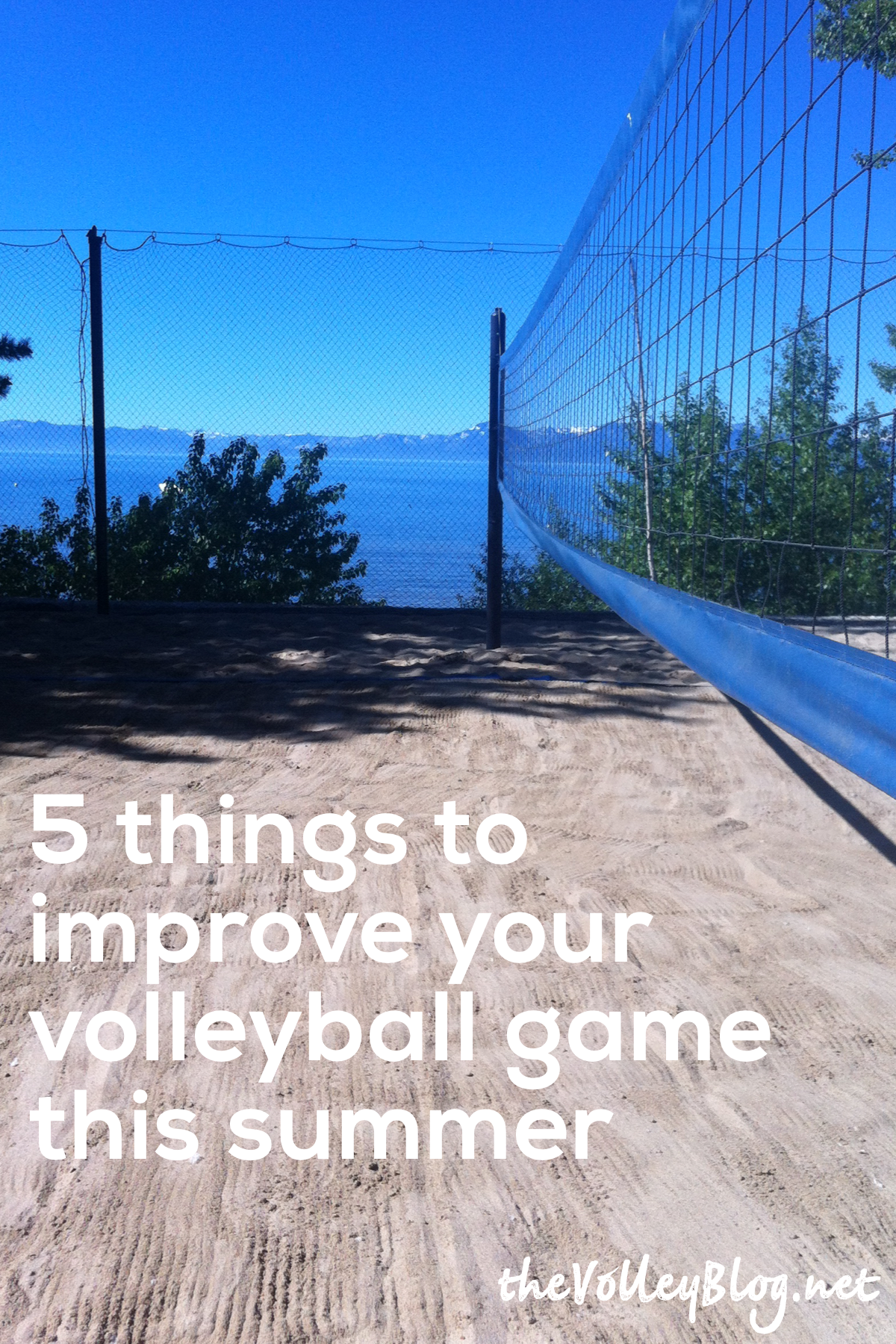



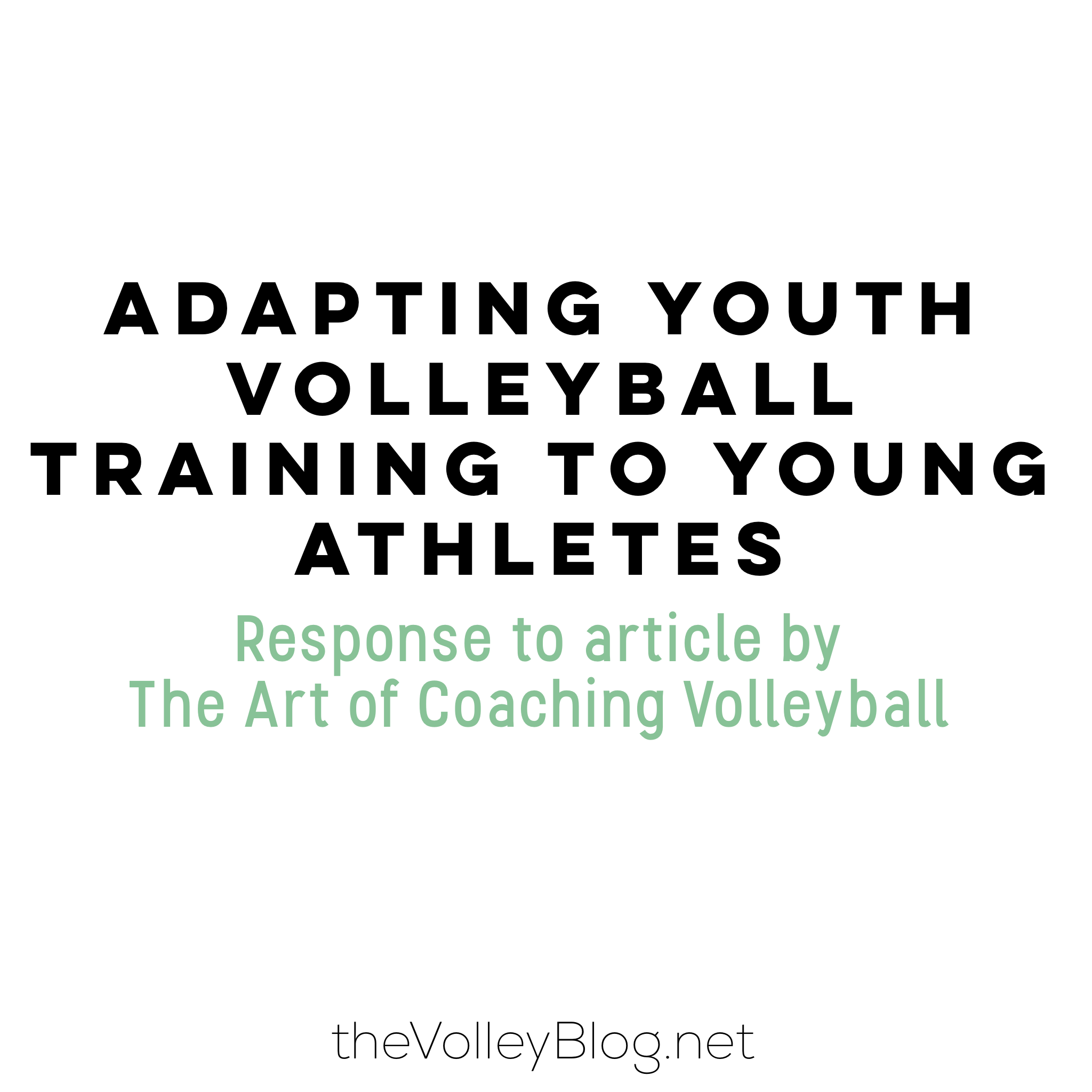
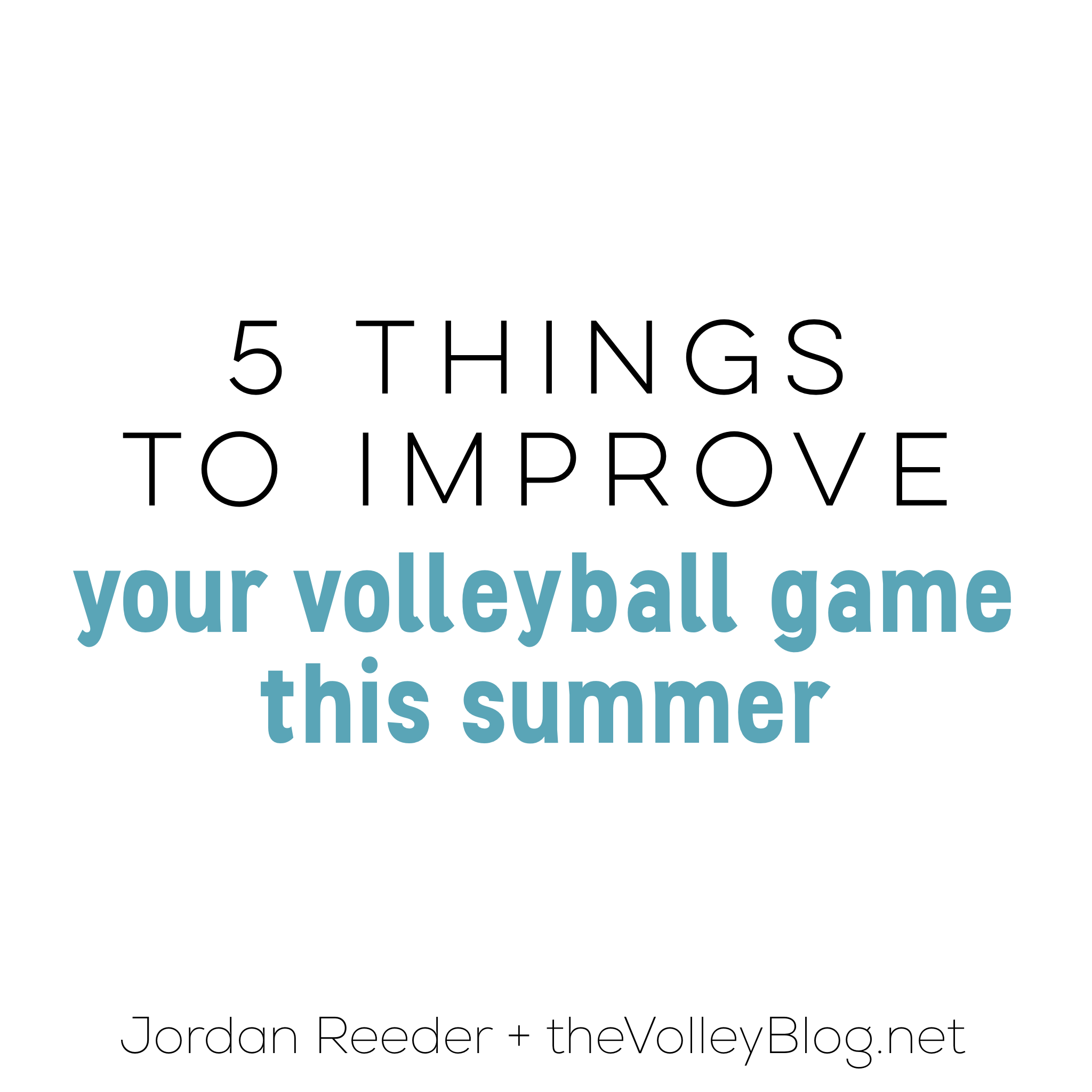


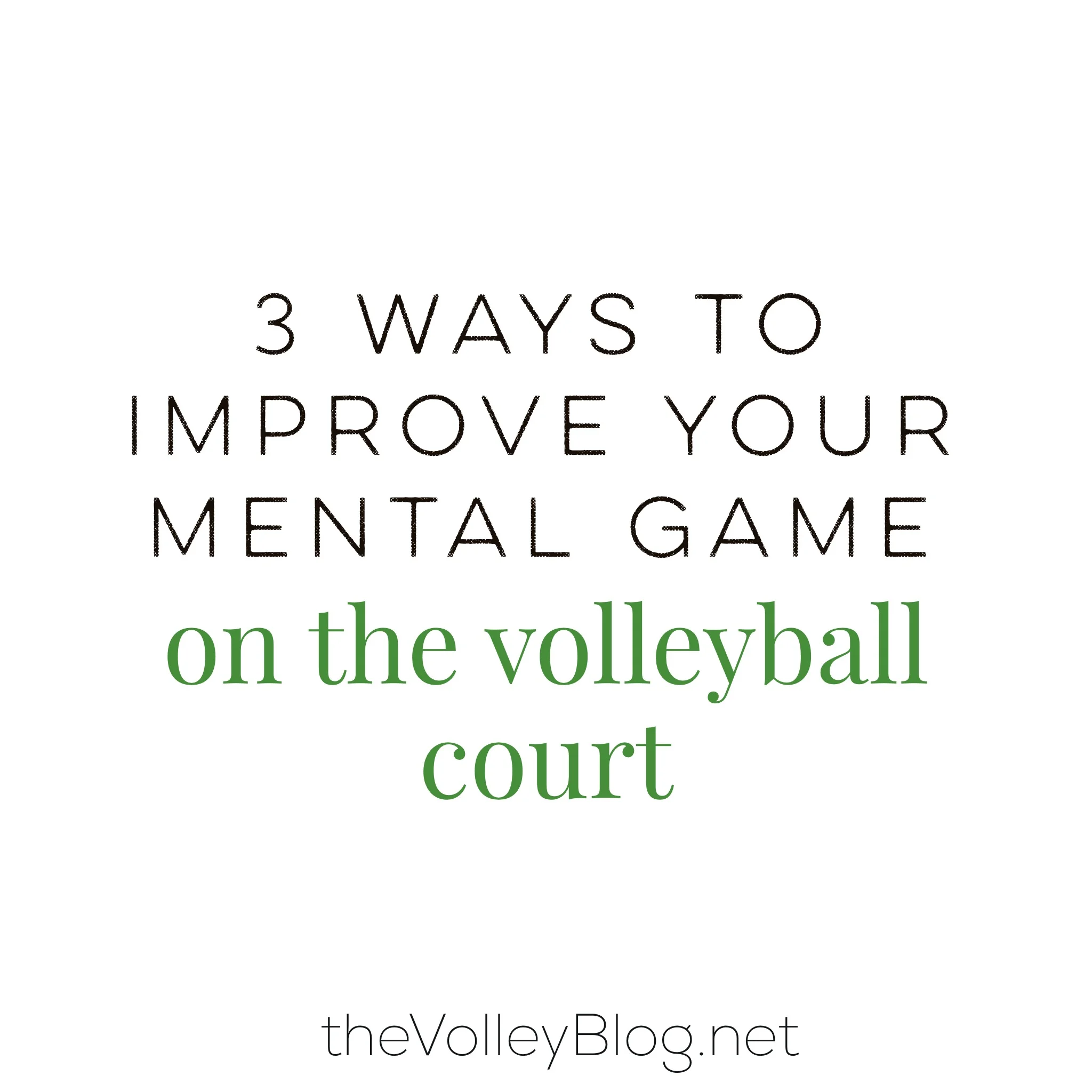
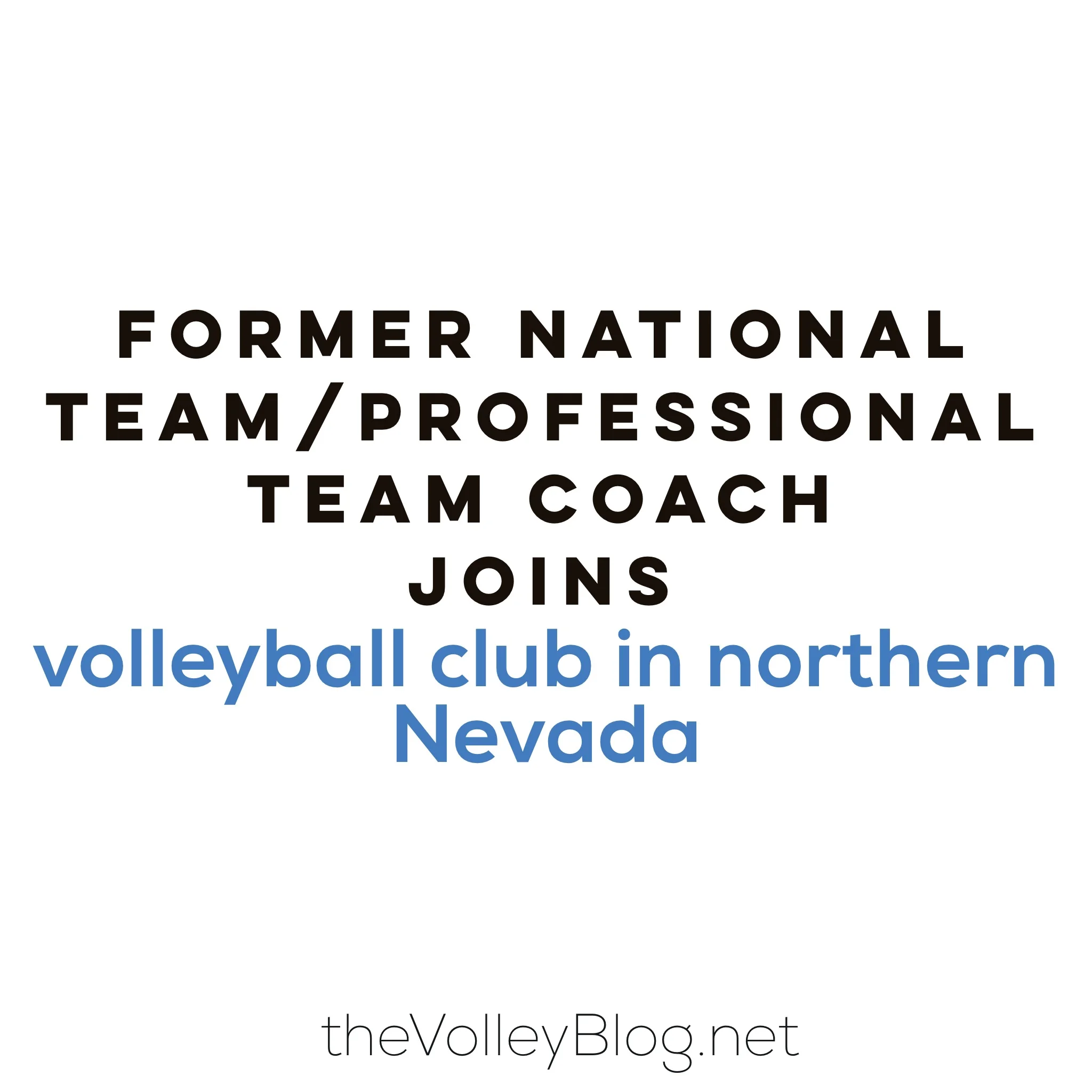
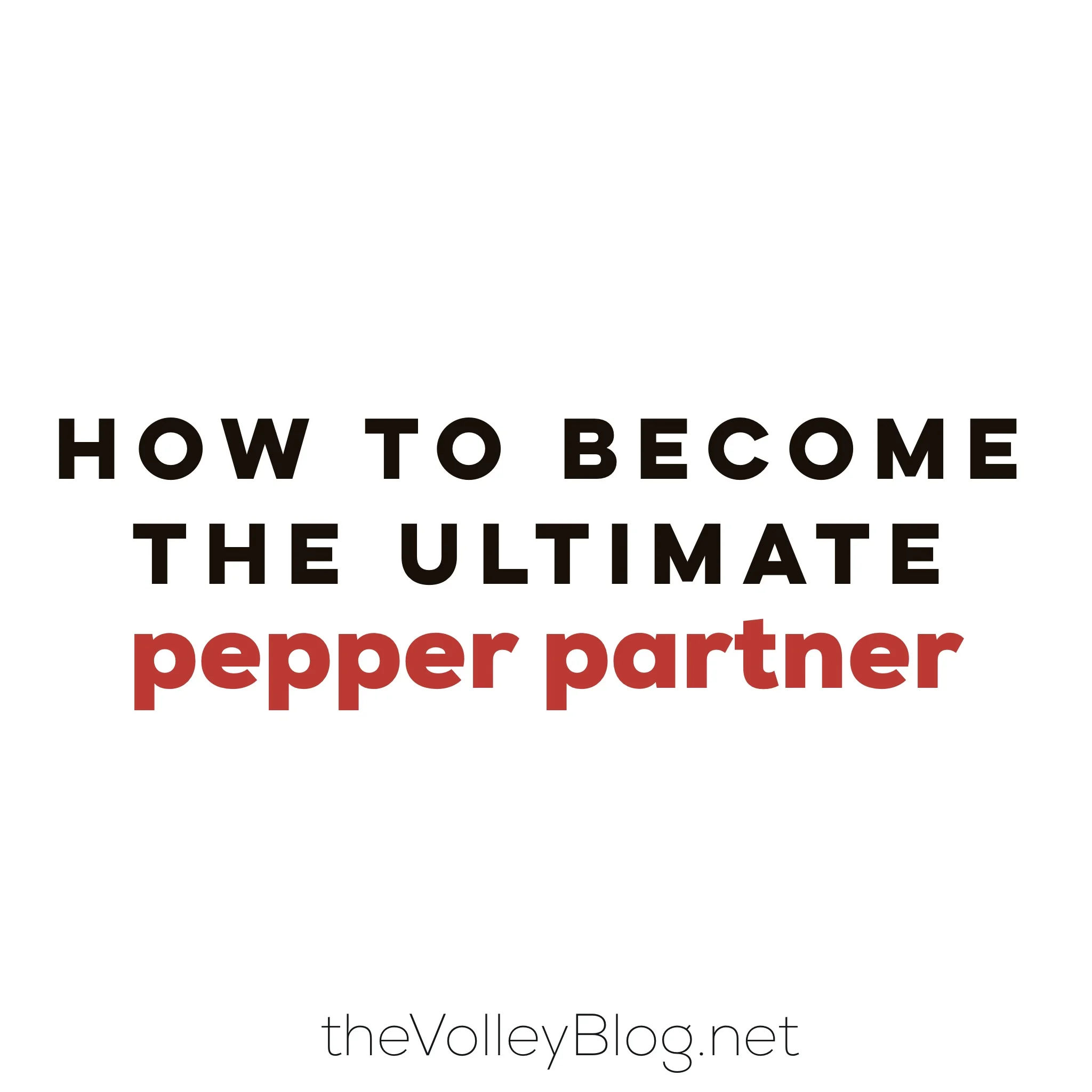
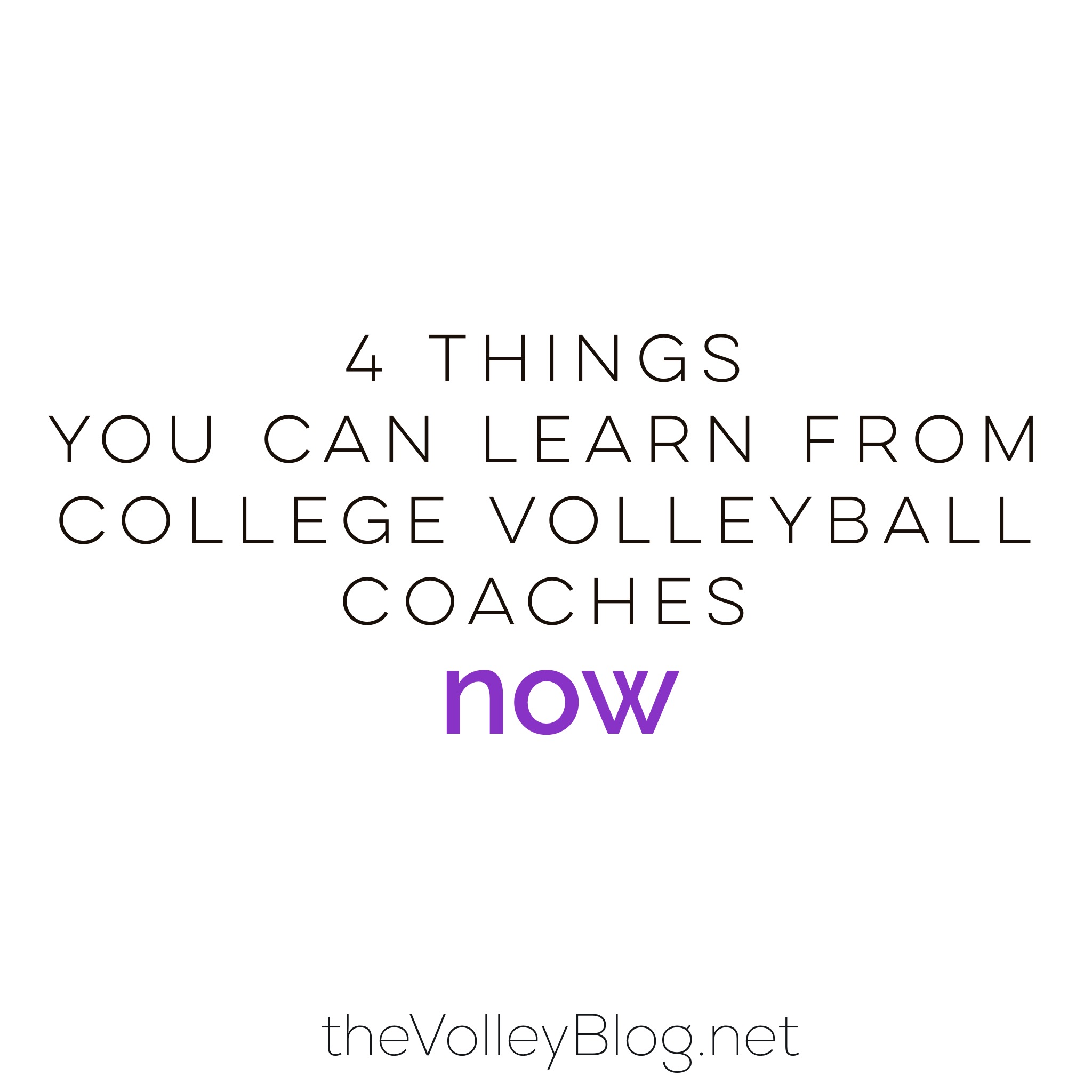
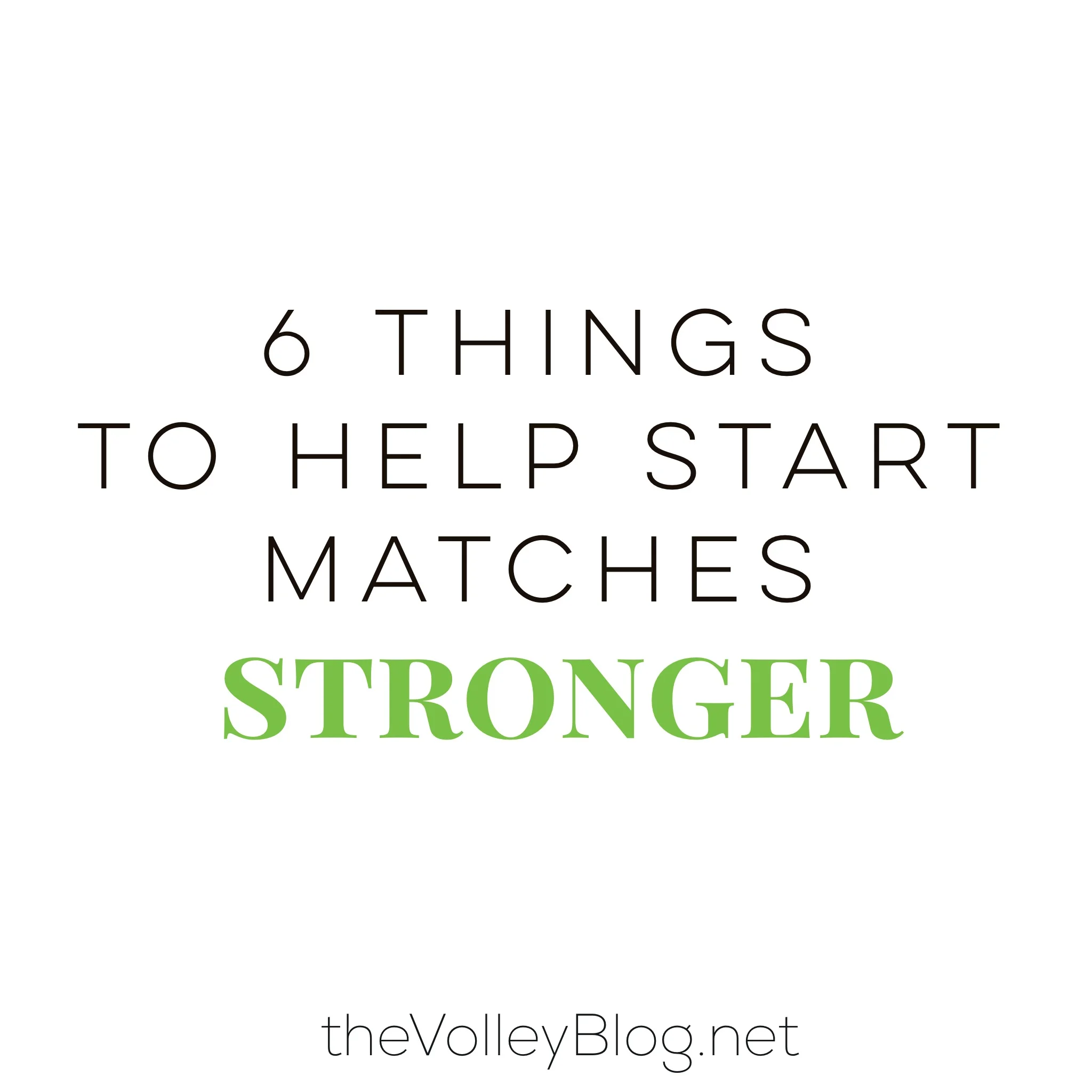
If there was one position in volleyball that gets a bad rap, it is the Defensive Specialist. While it is easy to write-off these players, just as Setters, Pin Hitters, Middles, and Liberos have roles to take care of, so do Defensive Specialists! Check out our volleyball dictionary definition for Defensive Specialist, intangible qualities a coach wants to see on the court and the 1 key to being a great Defensive Specialist.